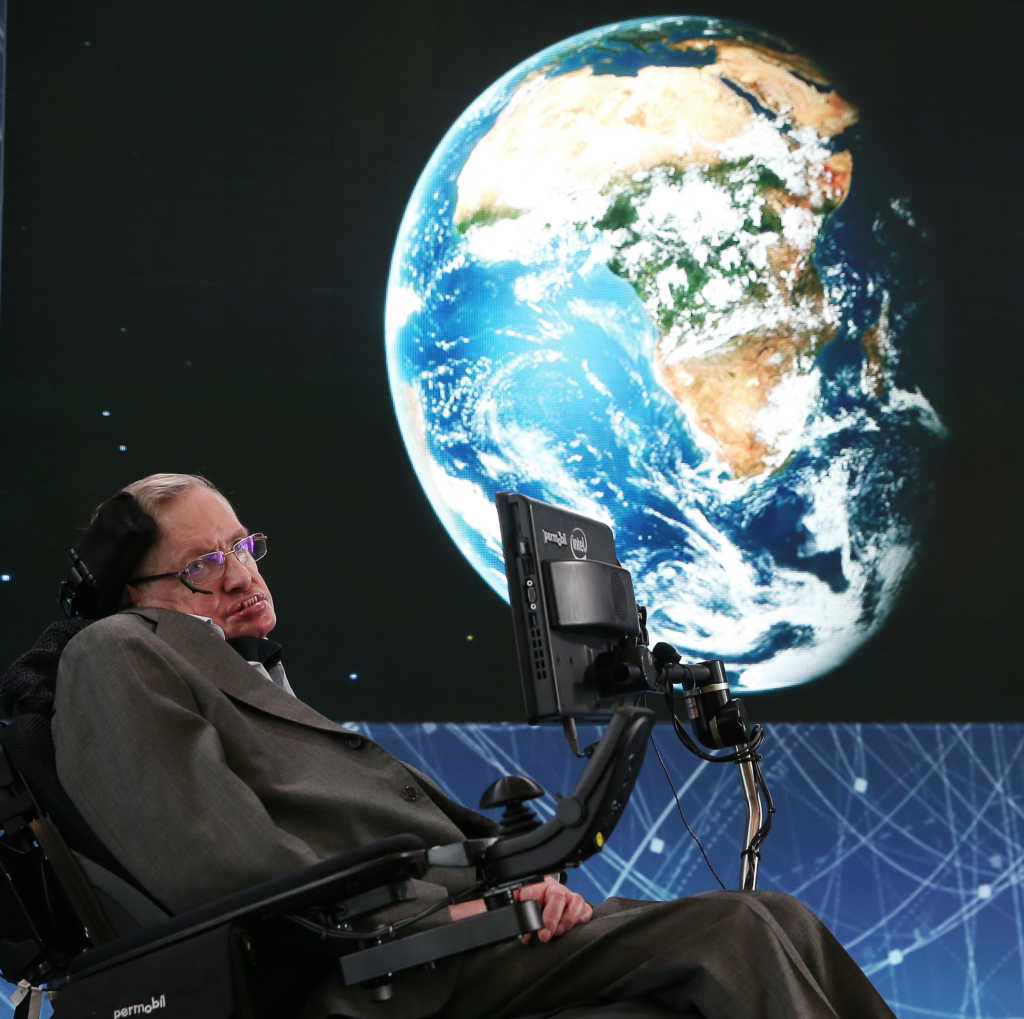One of the world’s most notorious atheists, the late Stephen Hawking, purportedly strengthened the scientific case for the existence of God in his final published paper. In his work, Hawking addressed the complex idea of a “multiverse” – a hypothetical group of several separate universes that exist alongside each other.
The Intriguing Answer Stephen Hawking Gave When Asked ‘Do You Believe in God?’
Previously, Hawking had argued the presence of great variety in the scientific laws found in these different universes. However, according to the Guardian, in his final paper, “A Smooth Exit from Eternal Inflation?,” Hawking and his co-author Thomas Hertog, formulated “strict limits to the kind of universes that populate the multiverse.”
So why is this so significant? Well, the problem is that when less variety is assigned to these hypothetical universes, the less capable the multiverse hypothesis becomes with regards to explaining the finely-tuned and unique nature of the Earth, complete with its metaphysical laws and perfect conditions for life, is often used in order to argue for God’s existence.
According to Wikipedia:
“The fine-tuned Universe is the proposition that the conditions that allow life in the Universe can occur only when certain universal dimensionless physical constants lie within a very narrow range of values, so that if any of several fundamental constants were only slightly different, the Universe would be unlikely to be conducive to the establishment and development of matter, astronomical structures, elemental diversity, or life as it is understood.”
So, is there just one set of laws that is the governing the entire universe, or set of universes? It would be logical to conclude that this assertion would embolden the “God argument.” As Phillip Goff expanded at the Guardian:
“If there is a huge amount of variation in the laws across the multiverse, it is not so surprising that one of the universes would happen to have fine-tuned laws. But if all of the universes have exactly the same laws – as in Hawking and Hertog’s proposal – the problem returns, as we now need an explanation of why the single set of laws that govern the entire multiverse is fine-tuned.”
“Some philosophers think the fine-tuning is powerful evidence for the existence of God,” Goff added.
While many in the scientific discipline are still keen to assert that there is hope for a scientific account of fine-tuning, there is no doubt that this final postulation from one of the greatest scientific minds of all time has pushed God right back into the spotlight.
“By ruling out one of the two scientifically credible options for doing this, Hawking and Hertog have slightly strengthened the alternative explanation in terms of God,” Goff added. “It is ironic that the atheist Hawking should, in his final contribution to the science, make God’s existence less improbable.”



